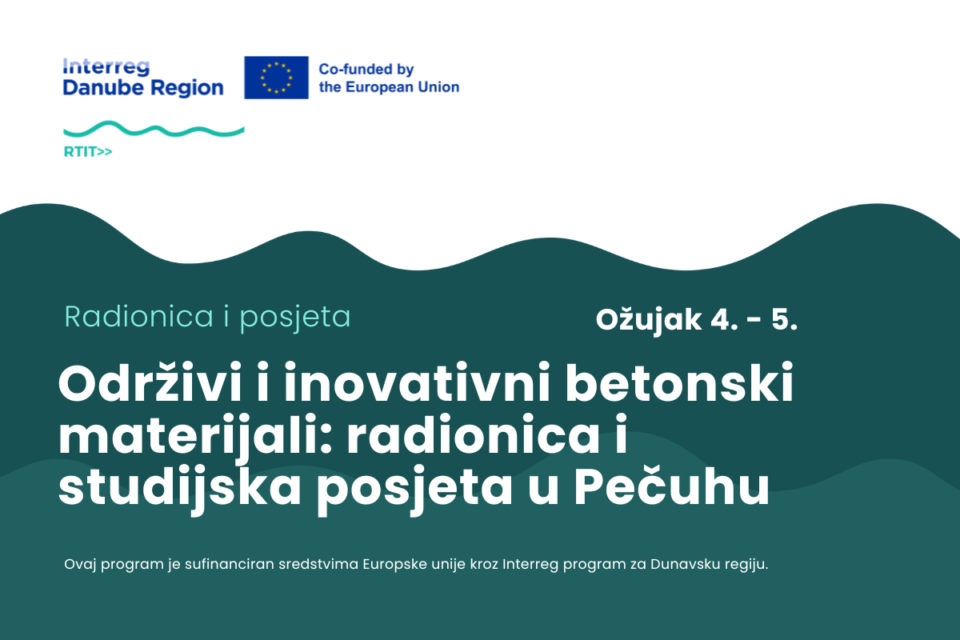
digital fabrication
Workshop on Digital Fabrication at INTERA Technology Park in Mostar
Digital fabrication is one of the “in” topics of the 21st century primarily enabled by additive technologies commonly known as 3D printing, as well as various new software solutions and tools for three-dimensional part design and product construction. Digital fabrication technologies enable enormous flexibility and drastically reduce the time for developing new products, while also opening up significant opportunities and empowering individuals to a new level of innovation previously not possible.
A workshop titled “Digital Fabrication” will be held on February 29, 2024, at the INTERA Technology Park starting at 10 a.m. The main contents of this one-day workshop include how to use digital fabrication technologies and advanced shaping methods, as well as live demonstrations of the preparation and production process on 3D printers.
The workshop is primarily, but not exclusively, intended for businesses, i.e., professional staff who can benefit from it in their work, but all those interested in this topic are welcome – innovators and enthusiasts who want to independently create parts and assemblies.
Agenda of the workshop:
9:45 – 10:00 Registration
10:00 – 10:45 Generative Design* – Svetozar Kolesar, 3D Republic (Belgrade)
11:00 – 11:45 Application of CAD/CAE Solutions in Reverse Engineering** – prof. dr. Goran Mladenović, Faculty of Mechanical Engineering, Belgrade
12:00 – 14:00 3D Printing in Practice – From 3D Model to Finished Part – Borko Latinčić, INTERA Technology Park
14:00 – 14:30 Refreshments
Participation in this workshop is free. Seize the opportunity and register here today as the number of seats is limited.
The workshop is organized within the DIGIMET project, which is part of the project Innovation and Digitalization of small and medium-sized Enterprises in BiH (EU4DigitalSME), jointly funded by the European Union and the Federal Ministry for Economic Cooperation and Development of the Federal Republic of Germany (BMZ) with the aim of developing the economy in Bosnia and Herzegovina, with a special emphasis on digital transformation. The project is implemented by the Deutsche Gesellschaft für Internationale Zusammenarbeit (GIZ).
*) Generative design is an innovative approach that uses algorithmic processes to create complex shapes and structures, i.e., the computer generates a design based on load parameters, materials, and usage. In the context of 3D printing, generative design allows for the creation of efficient geometric models that optimize material and resources. This technique can result in a design that is aesthetically appealing yet functional. Through the application of generative design, unusual and original shapes can be achieved that would be difficult or impossible to achieve with traditional methods. The combination of generative design and 3D printing opens the door to innovative solutions in various industries – from medical to architectural.
**) Application of CAD/CAE Solutions in Reverse Engineering – using the example of modeling a customized product according to specific requirements will demonstrate how advanced 3D modeling techniques are combined with 3D scanning technology. Additionally, a brief overview will be provided on how to construct highly sophisticated equipment, i.e., detectors of elementary particles whose behavior is studied within experiments in large hadron colliders.



